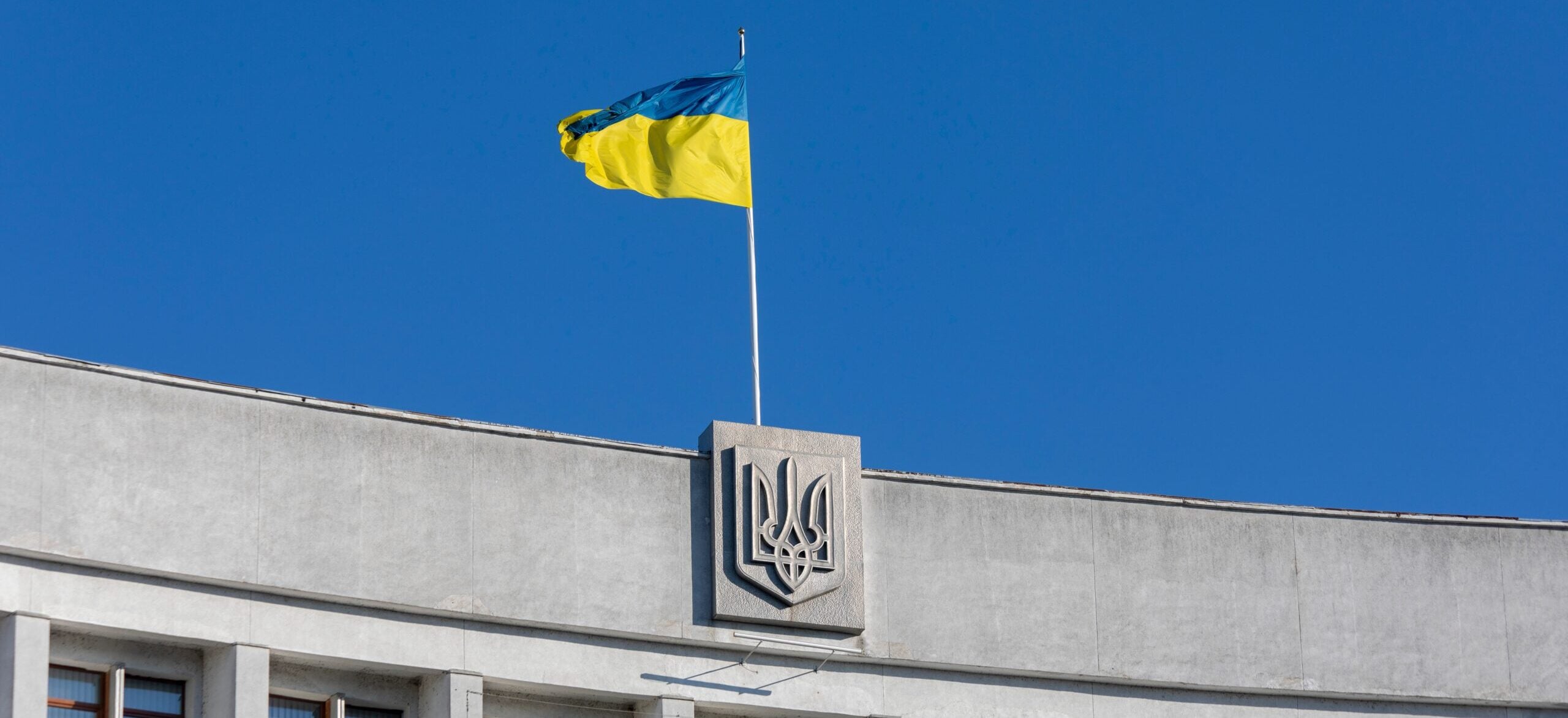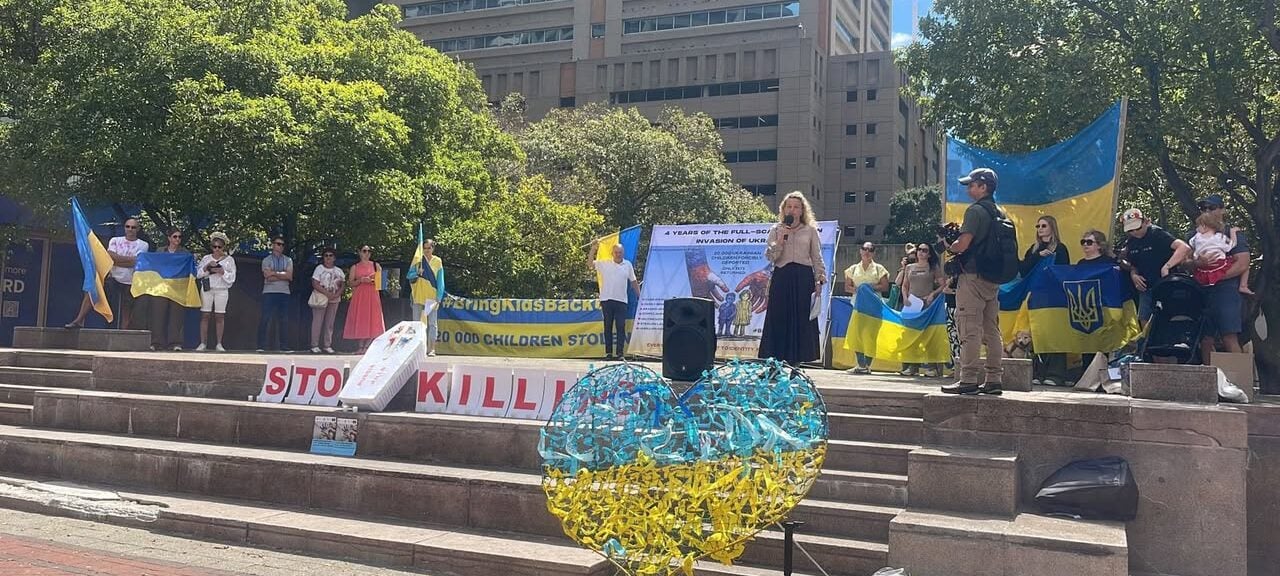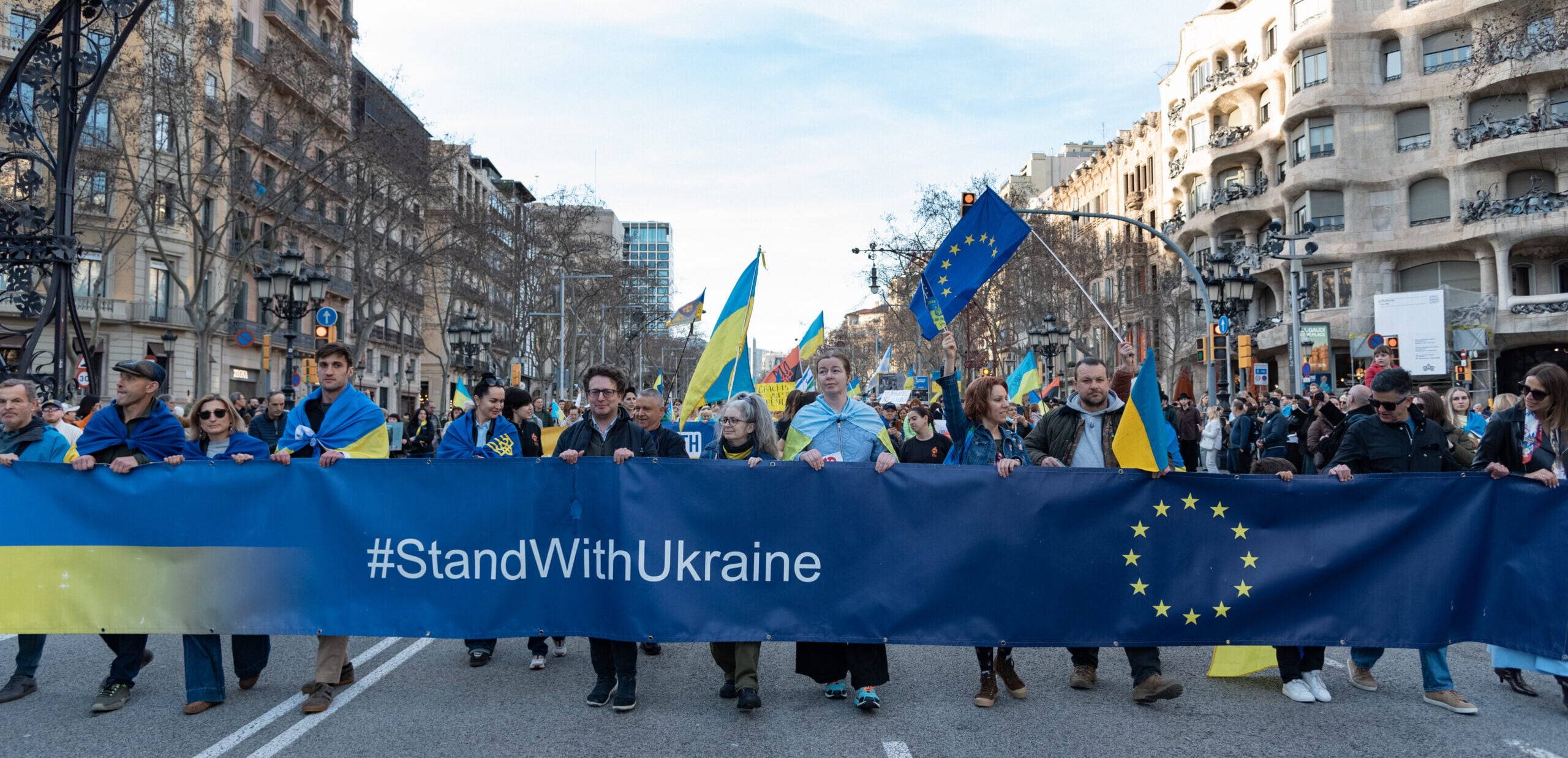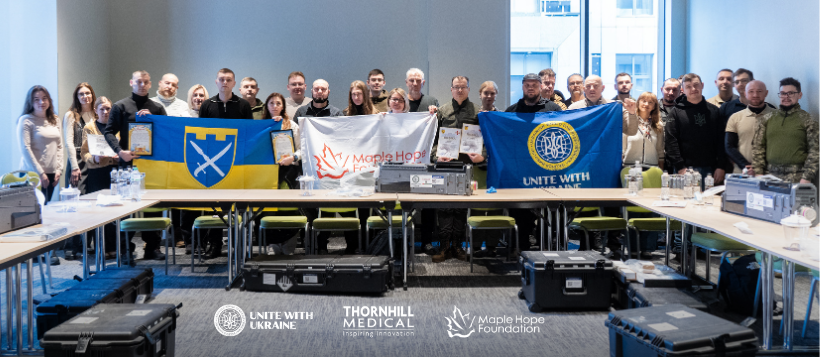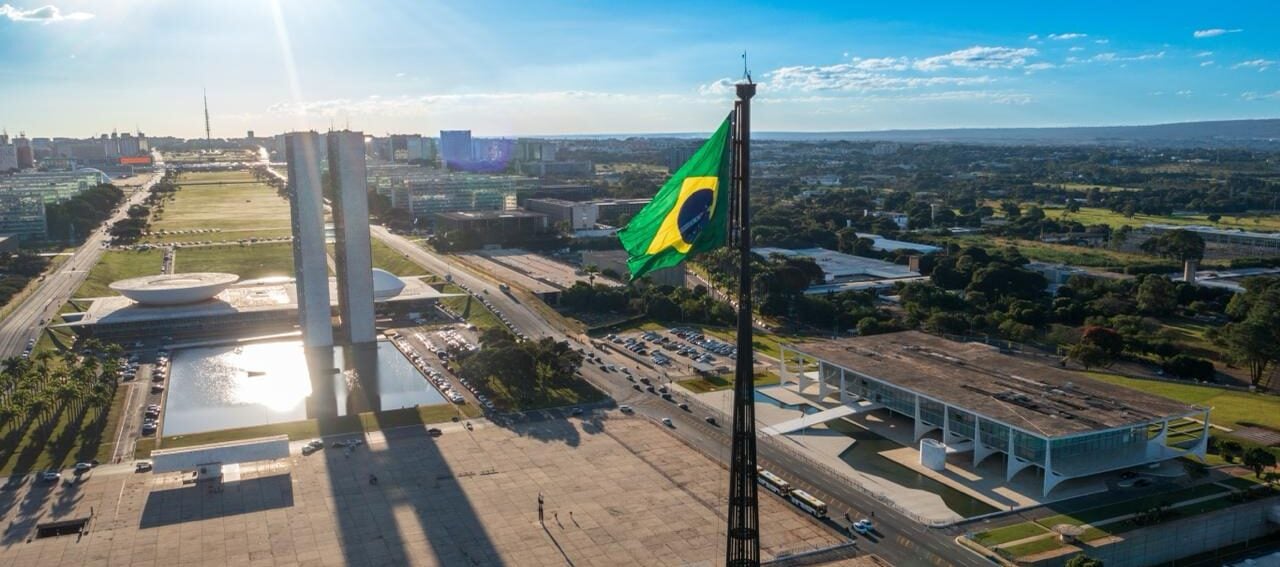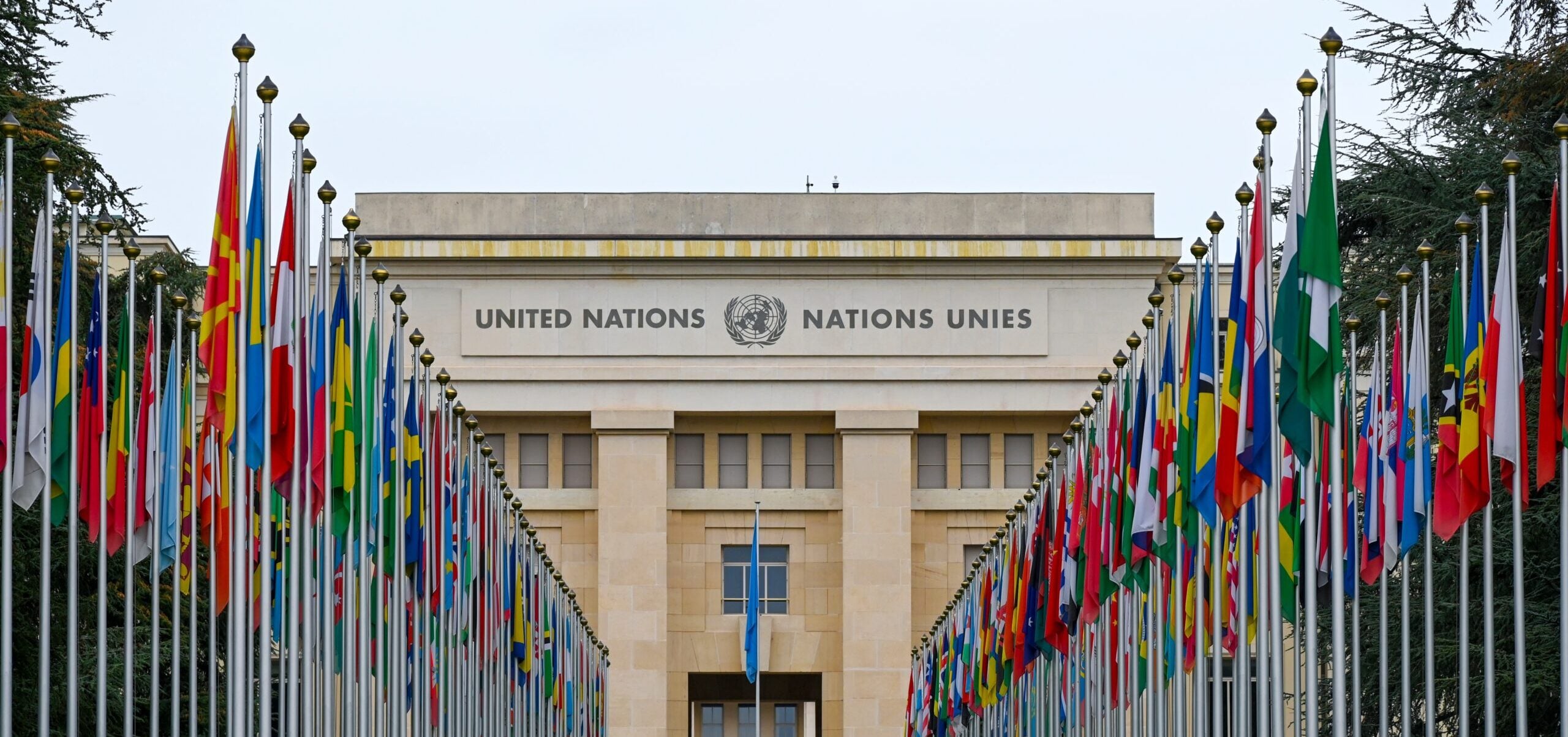

Pavel Baev, political scientist, professor at the Peace Research Institute Oslo (PRIO)
Source: NV (New Voice, citing The Jamestown Foundation
Leaving such an effective Ukrainian special operation unpunished is clearly not in the nature of the vengeful Putin.
The scale and character of Russian retaliation in the aftermath of the daring Ukrainian attack on four Russian aviation bases on June 1 have yet to be revealed. Official reporting on the heavy losses of long-range bombers has been practically non-existent on the Russian side, and the explosions on several railroads have been loudly condemned as acts of “terrorism”.
Censorship has not prevented noisy “patriotic” bloggers from decrying poor anti-drone protection, a key element of strategic deterrence, and demanding a devastating retribution. Nobody has dared to criticize the Russian Federal Security Service’s (FSB) failure to prevent Ukraine’s Operation “Spiderweb,” which was prepared and executed by networks inside Russia.
The Russian high command asserts that the massive combined missile and drone strike across Ukraine, particularly on Kyiv, on June 6, was delivered as retribution, while ignoring the subsequent Ukrainian strikes on the Engels and Dyagilevo airbases. It appears likely that the plan for this attack had been more ambitious. The regiment of Iskander missile launchers moving to a firing position in the Bryansk oblast, however, was hit by a preemptive Ukrainian strike. Russian “war correspondents” speculate that the high precision of this hit indicates the first use of the long-range air-launched Taurus KEPD-350 missile supplied by Germany.
Even the most jingoist pundits admit that Russia does not have that many strong options for punishing Ukraine for the destruction of irreplaceable strategic assets, while noting that the most modern Tu-160 bombers were spared. No discussion on resorting to nuclear strikes is allowed, and the academic “hawks,” who last year were brazenly advocating nuclear escalation for ensuring Russia’s victory, are presently content to debate such peaceful matters as the pivotal geopolitical importance of Siberia. Russian President Vladimir Putin was eager to boast about the intermediate-range ballistic missile Oreshnik, tested by delivering a strike on Dnipro on November 21, 2024 with six “dummy” warheads, but he has been mum on it for several months, which might indicate technical problems with this experimental weapon system.
Cover: Shutterstock
